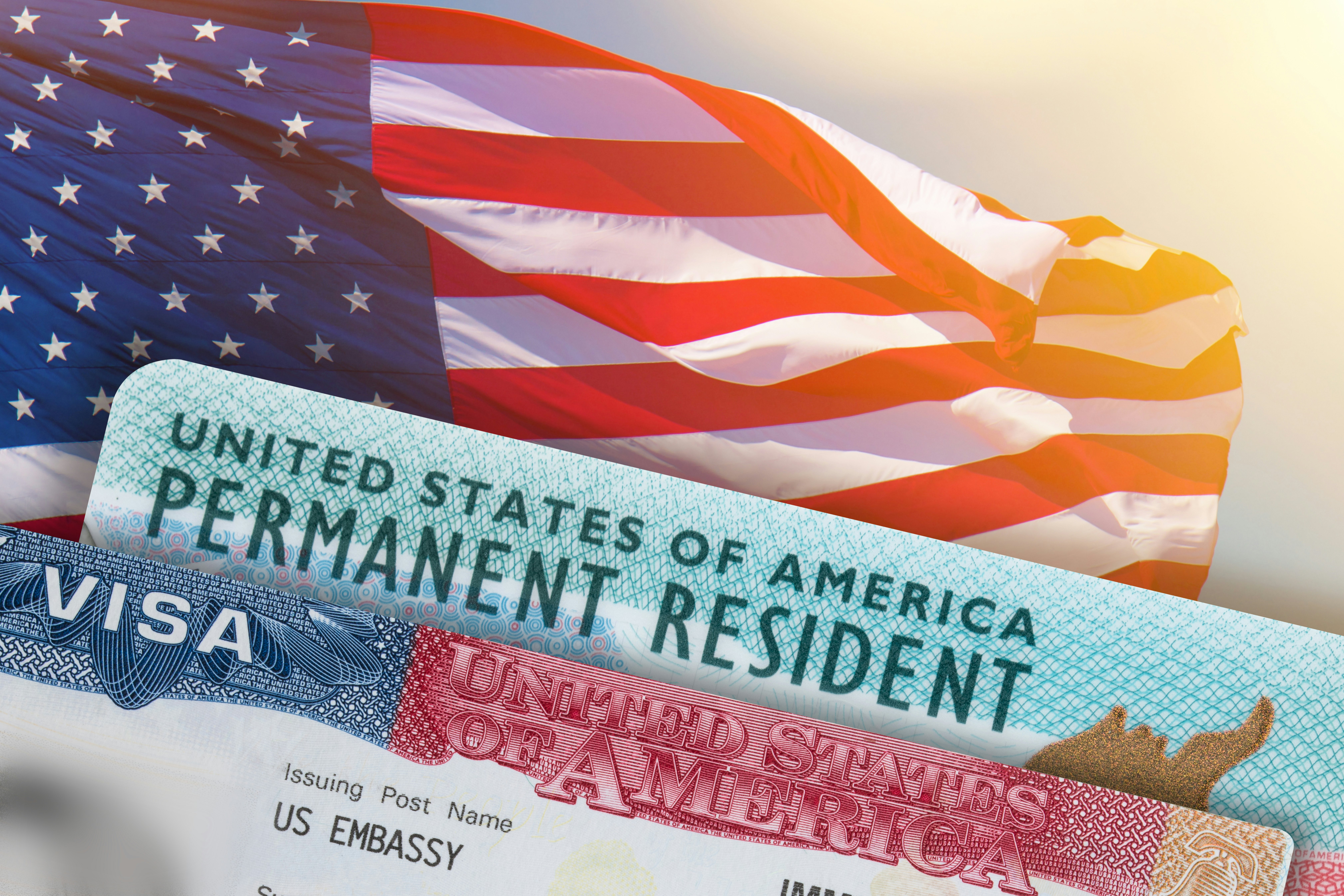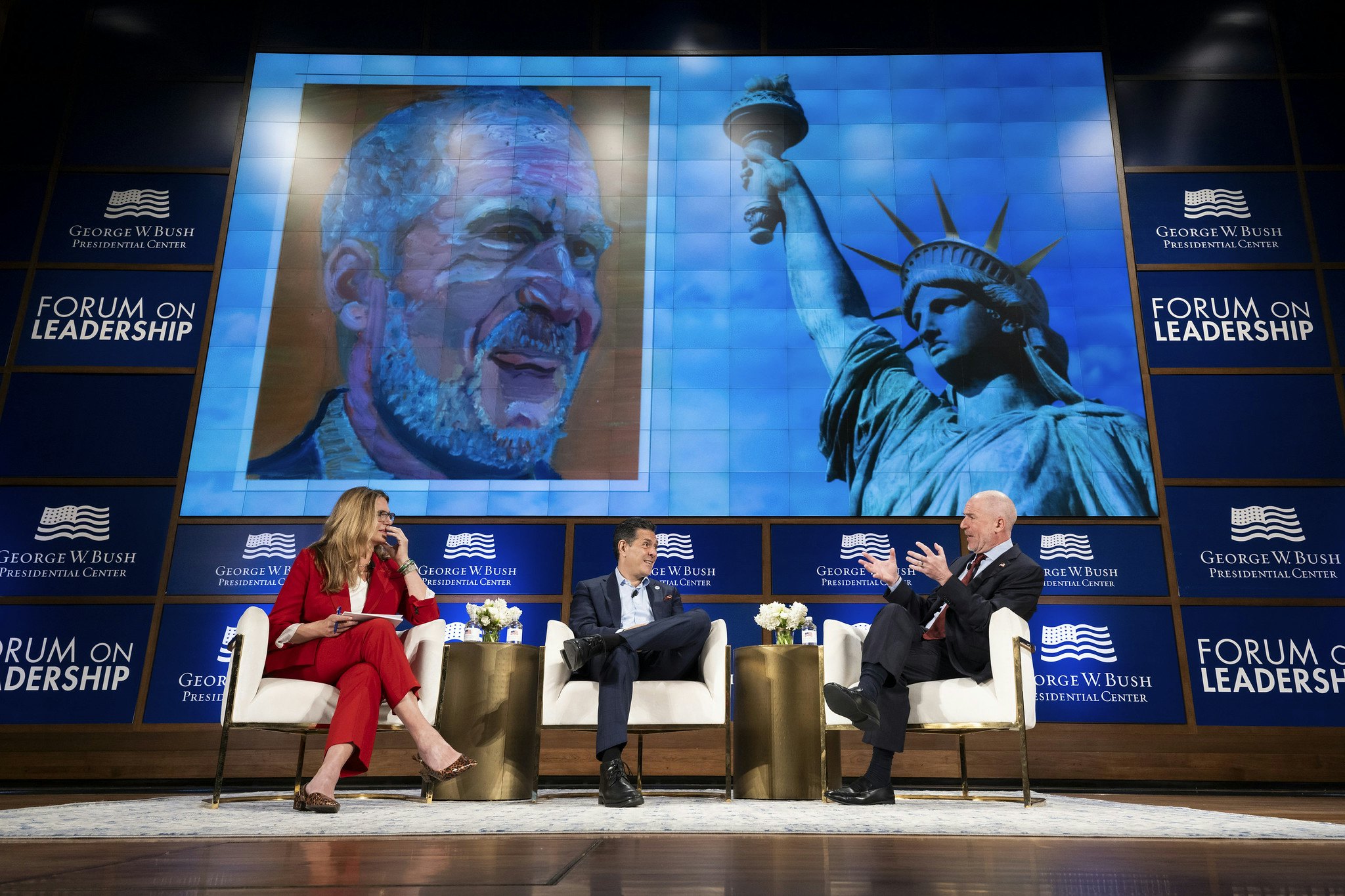Beth Conlin is a 2021 Stand-To Veteran Leadership Program Scholar and Strategic Business Development Program Manager at Amazon Web Services.
Our initial excitement over my husband’s orders to Rose Barracks in Bavaria, Germany, in 2013 quickly dwindled when we realized that my career wouldn’t transfer, we’d be forced to live off one income, and my professional development would be derailed.
At the time, I worked for a global employer that was willing to transfer me to the Munich office. However, I couldn’t get an answer to a simple question: If my employer moved my job to Germany, would that impact my standing – and my husband’s – under the Status of Forces Agreement (SOFA)? SOFA and a supplementary agreement in Germany provide the basis for the legal status of military members and U.S. civilian workers stationed there, along with their dependents.
Unable to get a clear answer from my employer’s immigration office, our contacts at the Judge Advocate General, and the host country’s employment office, I was forced to quit my job to move with my servicemember. Once in Germany, I asked lawyers, local officials, and U.S. Defense Department personnel to show me where in the SOFA it says I can’t work. Again, no one could answer me.
Since then, I’ve been on a personal mission to ascertain how SOFA affects employment while our military families are overseas. The ambiguity has led to fearmongering and misinformation and puts our military families in the difficult position of choosing between financial security and service.
I called my senators, partnered with various legislators who have military family issues front and center, and worked with nonprofit organizations to help advocate for change. I was committed to finding a way to bring clarity to this issue.
Enter the George W. Bush Institute’s Stand-To Veteran Leadership Program. I was part of the 2021 class along with 49 other dedicated changemakers in the military and veteran space. As Scholars, we each identify a personal leadership project. Mine was reducing barriers to employment for our military families overseas within SOFAs.
One of the first things I learned when I began studying this issue is that SOFA is complex. Every country that has a permanent presence of U.S. servicemembers, primarily during peace time, has its own Status of Forces Agreement with the United States. Germany, Italy, Spain, Belgium, Japan, Korea, and more all have individual agreements that have unique attributes ranging from environmental protections to legal adjudication and local national employment on base.
SOFA agreements are international treaties, so they fall under the auspices of the State Department after they’re ratified by the Senate and signed off on by the host country. They’re then implemented by the Defense Department. The fact that two Cabinet departments, Congress, and a sovereign nation are all involved make updates or amendments nearly impossible.
One of the benefits of the Veteran Leadership Program is becoming part of its powerful network, and the network helped me navigate this legal morass, advance my project, and produce results I couldn’t have dreamed of 10 years ago.
Libby Jamison from the class of 2019 – a fellow military spouse, an attorney, and a powerful force behind the scenes of most military family policy improvements – heard of my project and offered to help. She introduced me to the American Bar Association’s Legal Assistance for Military Personnel (LAMP) committee and invited me to a meeting in the summer of 2022. I presented my findings to the committee and asked for assistance in clarifying SOFA. To my surprise, they agreed.
We spent a year working on a resolution that would highlight the current impacts of SOFA and address the need for transparency. Then, in a powerful statement that gave credibility to the issue of military spouse employment overseas, the ABA’s House of Delegates unanimously adopted Resolution 602 August 2023. Presented by the LAMP committee, this resolution recommends that the Defense and State departments promulgate clear guidelines on employment information as it pertains to SOFA!
Almost in tandem, President Biden issued an executive order in June highlighting the need for clarity on SOFA. And, in August, Italy and the United States “exchanged letters” about the employment of military spouses. This created clear and transparent guidelines allowing U.S. military spouses to maintain their employment if they accompany a servicemember to Italy.
The agreement with Italy is a good start. It created a template that should be replicated for all other countries with SOFA barriers to employment. And, thanks to the network effect of the Veteran Leadership Program, the ABA’s support adds traction to the issue.
After spending the better part of a decade trying to get anyone to listen to the need for change, it’s exciting to see progress! My hope is that these improvements bring a sense of clarity to the next family that receives permanent change of station orders.






























